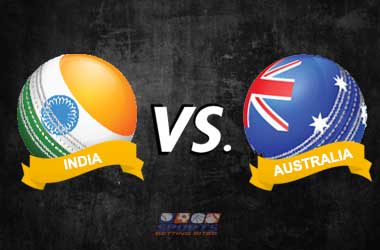 Ohio continues to takes steps to legalize sports betting and join neighbouring states of Michigan, Pennsylvania, Indiana and West Virgina who have already legalized sports betting. The sports betting bill in Ohio has seen slow but steady process and legislators in favour of legalizing sports betting are confident that it will be approved soon.
Ohio continues to takes steps to legalize sports betting and join neighbouring states of Michigan, Pennsylvania, Indiana and West Virgina who have already legalized sports betting. The sports betting bill in Ohio has seen slow but steady process and legislators in favour of legalizing sports betting are confident that it will be approved soon.
The Senate Bill 176 was recently amended and the state gaming committee approved the amendments on May 12.
If this sports betting bill gets signed into approval, it will allow all of the eleven casinos in the state and racinos to apply for an online sports betting license. All of the licensed applications will have the option to partner with any number of sportsbooks which will create the first uncapped betting market in the country.
News 5 Cleveland
A number of top betting operators including DraftKings, PointsBet, FanDuel, Caesars and BetMGM are expected to partner with Ohio casinos and launch sports betting operations in the state. The bill will also allow non-gaming companies that option to apply for a sports betting license and get into the industry.
So technically, if McDonalds wanted to launch sports betting in Ohio, they would be able to do so under this sports betting bill. The bill was specifically designed this way to bring control to the sports betting market and not have it restricted to the usual set of betting operators.
Under the proposed sports betting bill, applications will be charged a $1 million licensing fee that is renewable every three years. The $1 million licensing fee will not be a problem for big names in the US betting industry but could be a deterrent for smaller establishments looking to get a piece of Ohio’s sports betting market.
The bill also puts the Ohio Casino Control Commission (OCCC) in charge of awarding all 20 betting licenses and taking on the responsibility for regulating the sports betting market. Retail and online sportsbooks will have to pay a betting tax of 10 percent. The bill will allow bettors to wager on domestic sports, international sports and collegiate sports.
Betting analysts claim that wagers on collegiate and in-state games will generate as much as 15 percent of the combined wagering handle. This sports betting bill currently has the approval of all major stakeholders and the bill sponsors are confident that it will get the necessary approval it needs soon.






